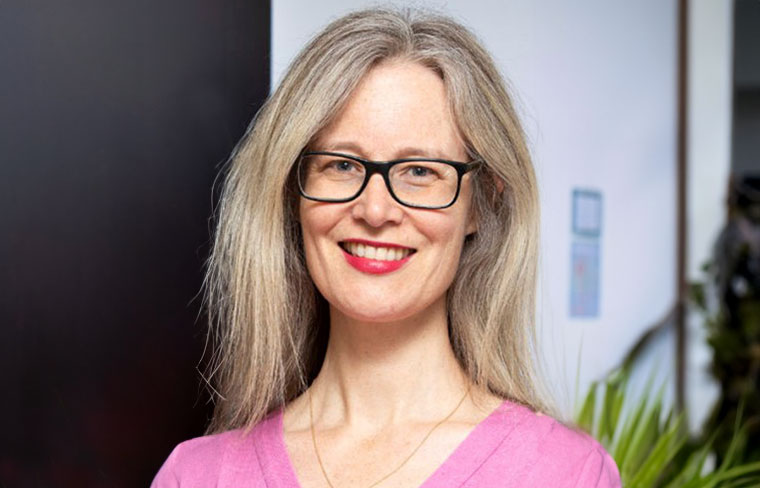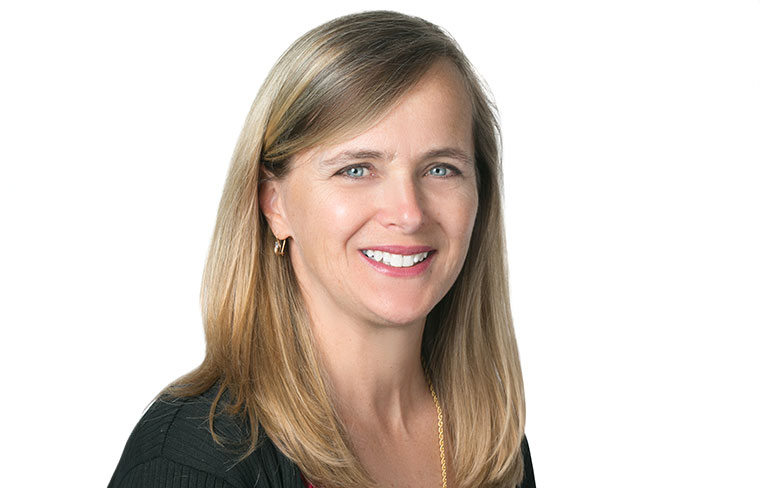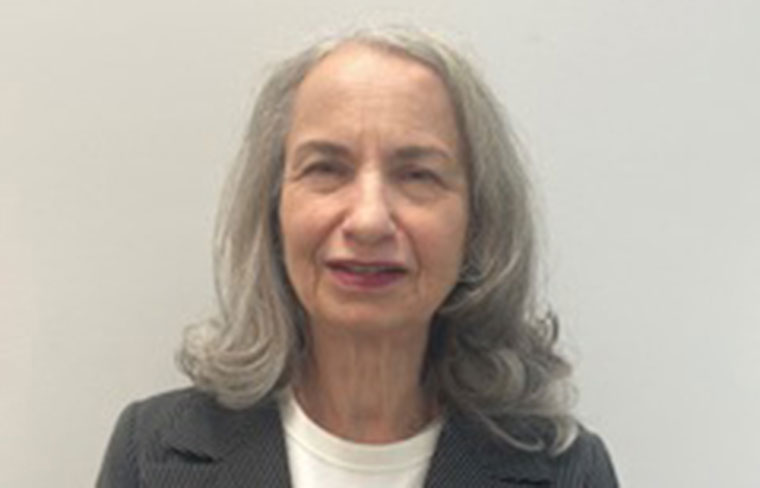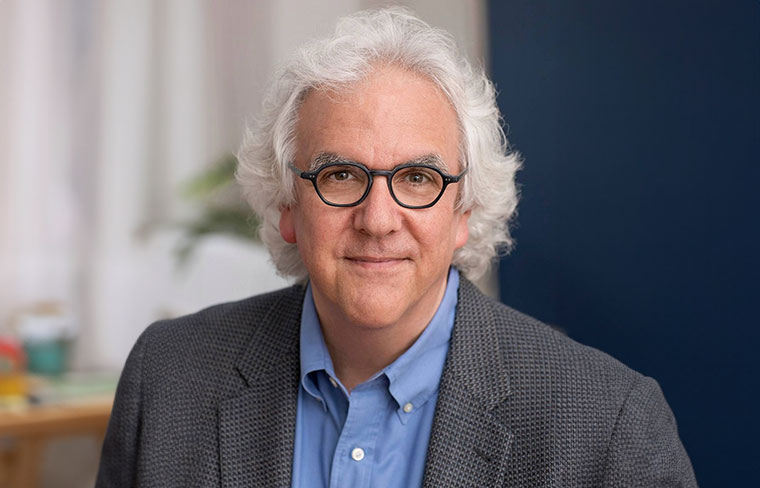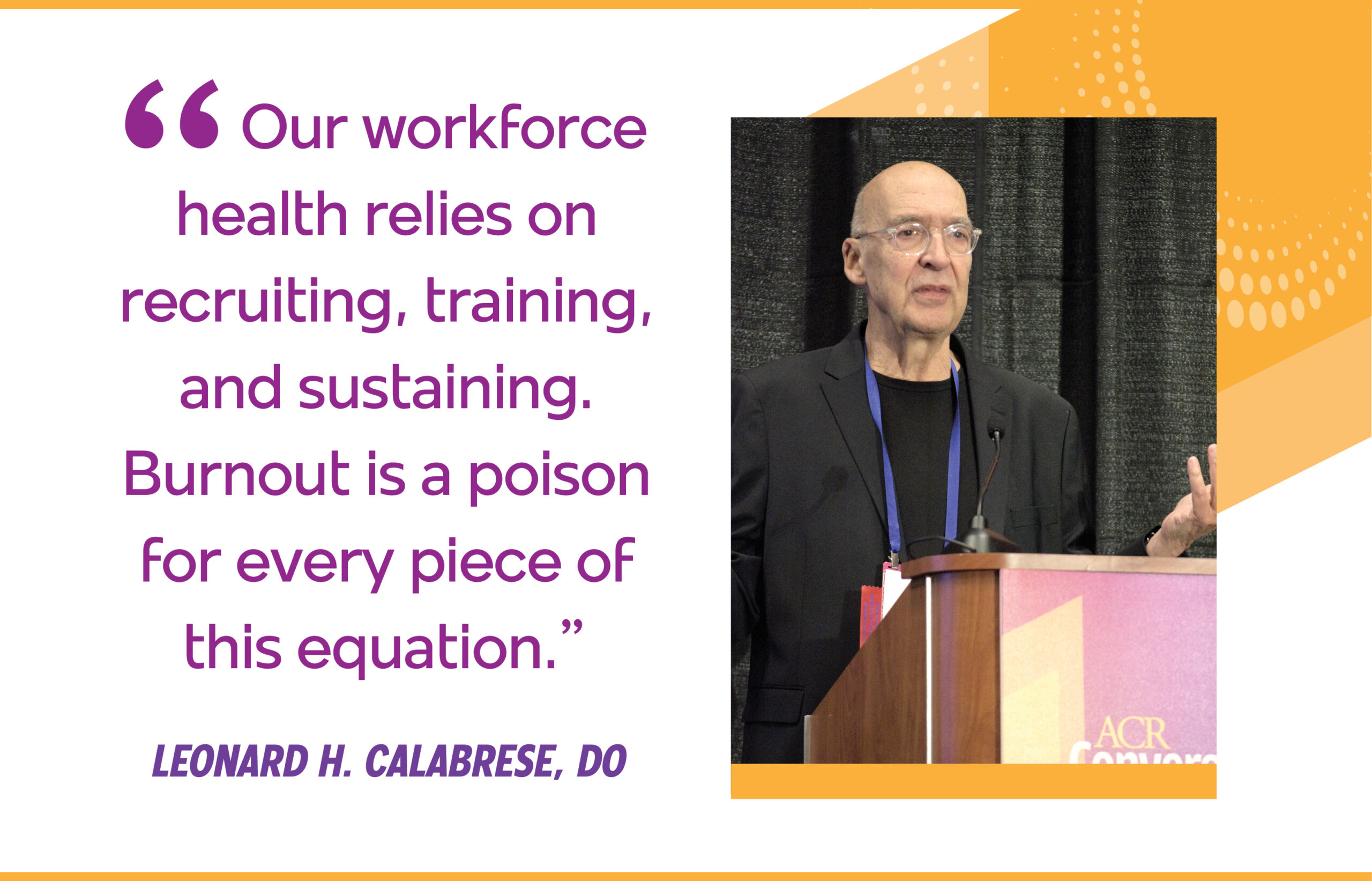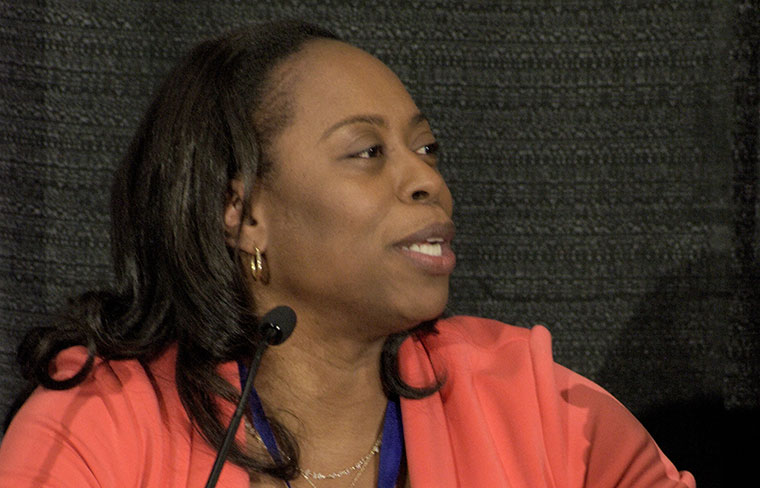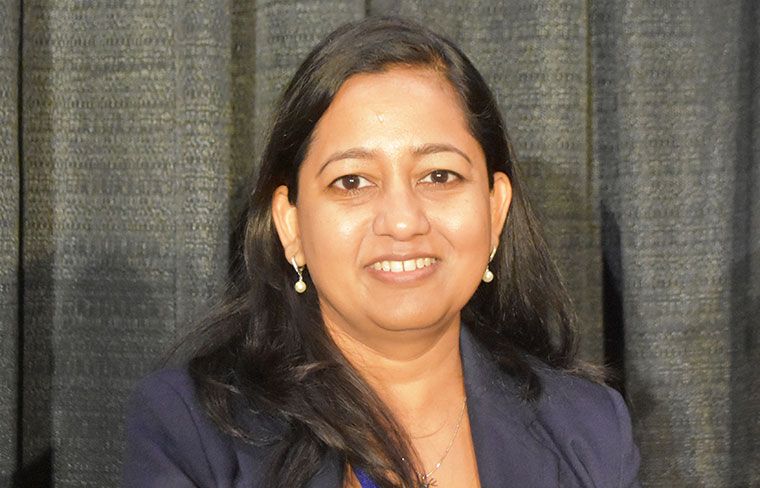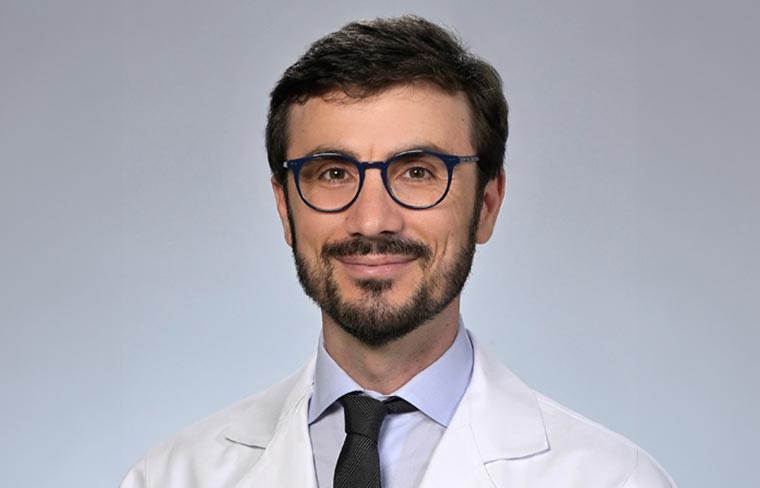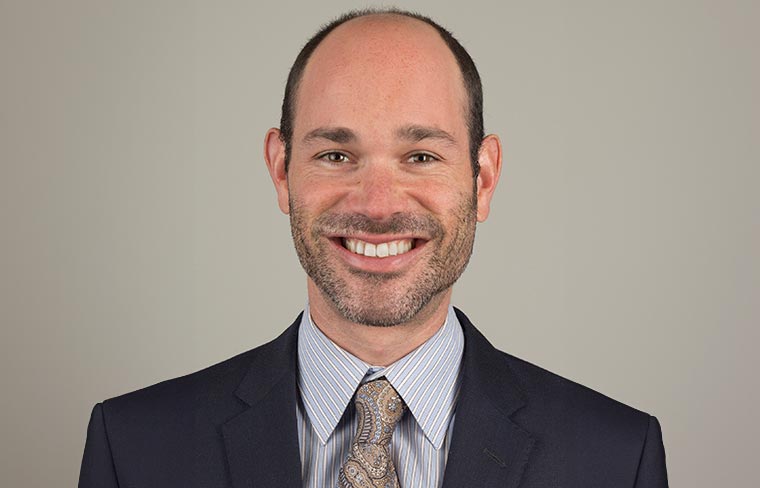-
Speakers to Detail Effects of Imaging Modalities on Diagnosis of Crystal-Induced Arthropathies
As part of this discussion on how different imaging tools influence diagnosis and classification, Nicola Dalbeth, MD, will outline the 2023 EULAR recommendations on imaging in diagnosis and management of crystal-induced arthropathies in clinical practice.
-
Presenters to Review Real-World Evidence Supporting Biosimilar Use
Panelists will share experiences from the United States, the United Kingdom, and Canada in the utilization of biosimilar agents and their originator compounds. Biologics are safe and effective in the treatment of rheumatological diseases, but making the switch is a significant transition for patients, says…
-
Experts to Explore Impact of Ableism on Patient Care
About 16% of the population lives with a disability, and ableism is one of the most prevalent forms of discrimination patients face. Joan Westreich, MSW, LCSW-R, will discuss what can be done to increase more inclusive practices.
-
Experiential Session to Teach Narrative Medical Writing and Medical Journalism
“We’re trying to help them use the fact that they’re a doctor narrator to their best advantage and also to become better reporters,” said Stephen Fried, BA, one of the writing experts who will conduct this workshop.
-
Session Highlights the Confluence of Burnout and Workforce Shortages in Rheumatology
Recent surveys suggest that up to two-thirds of rheumatology providers exhibit symptoms of burnout, putting the field in the upper third of burnouts by medical specialty, said Leonard H. Calabrese, DO. He and other experts discussed the ongoing challenges to keep the rheumatology workforce staffed.
-
Experts Discuss the Skin Manifestation of Rheumatic Disease
Rheumatologists frequently treat diseases with skin involvement despite having limited training focusing on the skin. Ginette A. Okoye, MD, FAAD, discussed how rheumatic disease appears in patients of color.
-
Clinicians Offer Best Practices to Diagnose and Treat Neurosarcoidosis
Neurosarcoidosis is challenging due to its heterogeneous presentations and the wide-ranging differential diagnoses clinicians must consider. Shruti Agnihotri, MD, offered a case study featuring one of several potential manifestations of the disease.
-
Cancer Immunotherapy Experts Will Share Insights on Immune-Related Toxicities
The potential of innovative cancer therapies, especially chimeric antigen receptor T-cell (CAR-T) therapies, is being explored for treating patients with autoimmune diseases. Marco Ruella, MD, will provide an overview of CAR-T production and therapeutic use.
-
Session to Address Health Disparities and Other Challenges to Clinical Trial Design
Studies have shown that the main reason why people from historically marginalized communities haven’t participated in clinical trials is that no one asked them, said one of the featured speakers, Janet Pope, MD, FRCPC, MPH.
-
Educators to Offer Instruction on Maximizing the Effectiveness of Questions, Technology as Teaching Tools
Questions can be more effective for learners than reading or taking notes, in part because the act of retrieval makes that information more readily available in the future, as Jonathan Hausmann, MD, will explain in this session.

